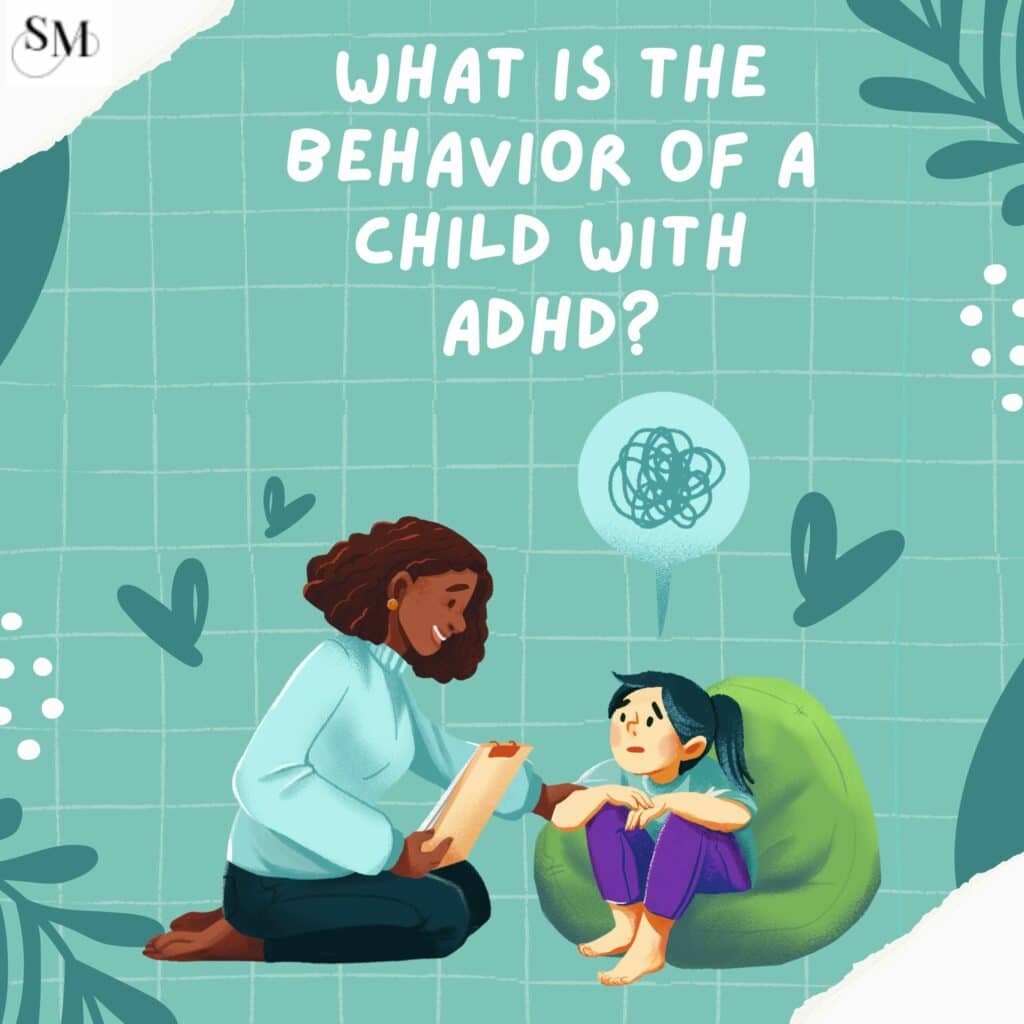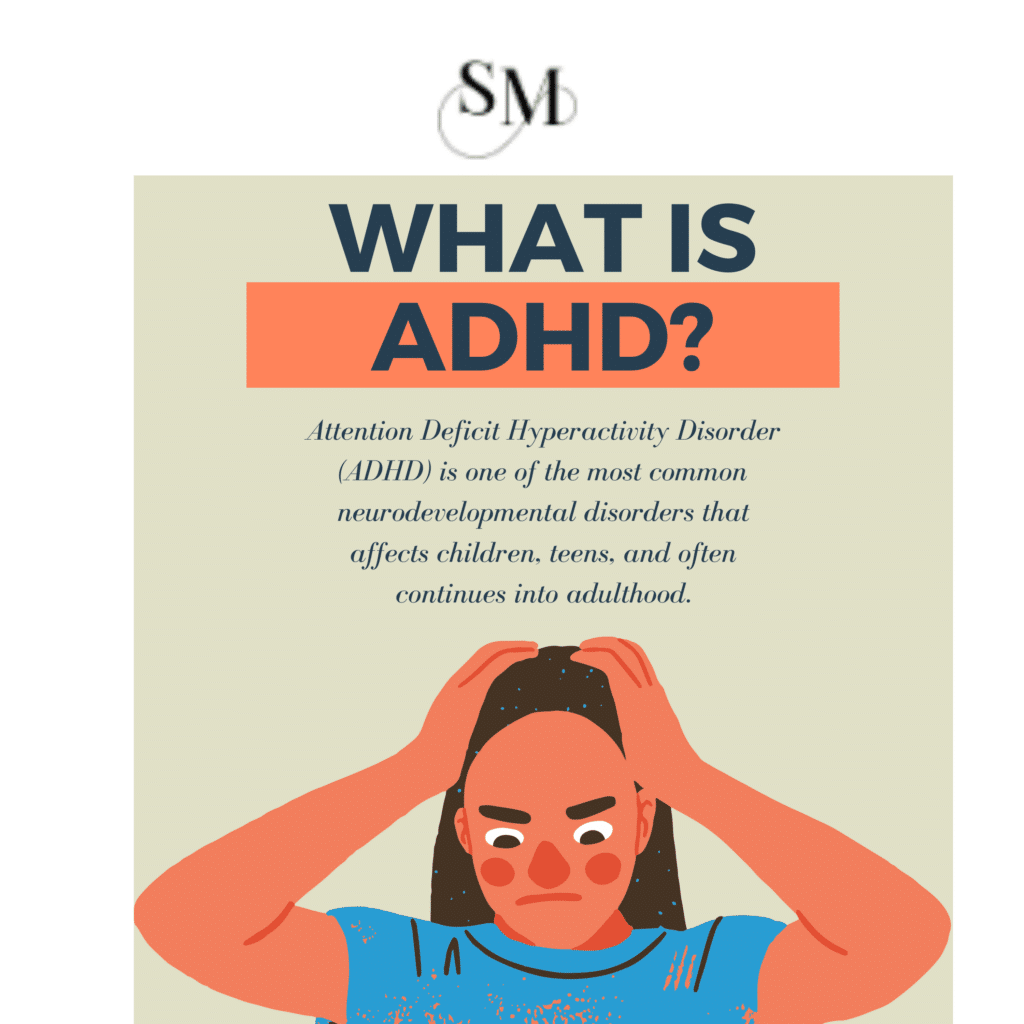The Silent Struggle: How Toxic Masculinity Takes a Toll on Men’s Mental Health

Share This Story
“Man up”, “Boys don’t cry”, and “Boys will be boys” might seem harmless when used to encourage or motivate young boys. However, the significant impact of such phrases on young boys’ minds is amplified in the later teenage years as well as adulthood. These phrases are the epitome of the stereotypes men are mostly associated with. The fixated societal notion of men being strong, independent and the ‘breadwinners of the house’ has now come to be associated with aggression, not being emotional and often violence. Masculinity has been ‘toxicised’ by society’s expectations of what a man should be. However, masculinity should not be confused with toxic masculinity.
Toxic masculinity is defined as the cultural pressures that promote certain ‘masculine traits’, such as dominance, control and aggression, and the adverse effects those behaviours or their consistent pattern may have. We must note that toxic masculinity does not promote that all men are bad or that all traits associated with masculinity have adverse effects on society. According to a 2020 study that examined the relationship between toxic masculinity and mental health, the three fundamental “multidimensional masculine norms” of toxic masculinity that affect men’s mental health are: 1) Status (need to have power and success, often economical and social), 2) Toughness( physical and mental strength) and 3) Anti-femininity (rejection of traditionally feminine traits).
Toxic masculinity evidently affects society as it spreads violence, aggression, hate and is also a root cause of rape culture. In this article, I will try to focus your attention on the other side of this toxic coin – how toxic masculinity can become harmful for men and their mental health. The constant retelling of “boys don’t cry” is not only a denial of physically showing emotions but also perpetuates an internal disregard and dismissal of the actual emotions a boy or man is experiencing. Due to this, boys and men themselves find it very hard to accept what they are truly feeling as well as have trouble expressing their emotions. They perceive feelings or emotions as usually exclusive to control. Hence, many do not usually express emotions as it threatens their autonomy and power to control.
In counseling or psychotherapy sessions, toxic masculinity can have a couple of major impacts. Firstly, it makes it harder for men to self-reflect and delve deep into their true thoughts and emotions. This can result in hindered personal growth and prevent gaining valuable insights. Second, the pressure to conform to rigid gender norms, such as being the “man of the house” can create trust issues and hinder the formation of a strong bond between men and their therapists. Building a strong trustworthy rapport and alliance between the client and the therapist becomes more challenging due to the persistence of such barriers. Another area where we have seen the effect of toxic masculinity and gender roles is in parent assessment sessions. In India, especially, the father is often seen to dominate most of the conversation while the mother is hesitant to share her inputs, especially those relating to the home environment and troubles during pregnancy. We infer that due to the dominating and threatening presence of their spouse, mothers are not fully able to express their concerns. Furthermore, there is a prevalent stereotype in our field that psychology is not a suitable career path for men. This stereotype stems from the belief that men are not typically associated with emotions and vulnerability, which may discourage them from pursuing a profession that involves understanding and addressing emotions.
The emotional disregard and dysfunction, as talked about above, may impact an individual’s willingness to seek out care for a mental health problem. The silencing of emotions for many years could result in depression and anxiety in later life. Depression can manifest in men through symptoms such as eating disorders, lack of sleep and concentration and erectile dysfunction [1]. Performance expectations in terms of strength and competence, the constant need to prove one’s manhood and the pressure to control others can lead to extreme distress and/or anxiety. Anxiety, stemming from toxic masculinity, can show up in different forms such as social(excessive self-consciousness, fear of social rejection) and performance anxiety(self-criticism, fear of evaluation, excessive fear).
Toxic masculinity is extremely widespread across all cultures. It can be harmful to those around toxic men as well as to men themselves. Men are reported to resort to external coping methods to deal with their internal emotions[1]. While some men overwork to avoid confronting their emotional struggles, others turn to substances such as drugs or alcohol as a form of self-medication, attempting to numb their emotional pain or temporary relief. Unfortunately, such self-destructive coping methods can alleviate mental health issues. Additionally, internal conflicts experienced by men may manifest as outward anger, often directed toward their partners or children.
So what can one do to effectively cope with such detrimental effects of this worldwide prevalent practice? According to AmeriHealth Caritas, some effective ways for men to deal with depressive symptoms include annual wellness visits to a primary care provider, support groups, avoiding social isolation, regular exercise and seeking help through behaviour therapy. Psychoeducation around the topic of toxic masculinity and its adverse effects on individuals as well as society is also needed to tackle this social issue. We think there is a dire need to redefine masculinity by not equating it with the characteristics of toxic masculinity like aggression and violence. Instead, we should positively embrace characteristics such as autonomy and power while incorporating vulnerability and acceptance of weak moments into the definition of masculinity.
References
https://www.psycom.net/depression/depression-in-men/toxic-masculinity
https://synergyhealthprograms.com/toxic-masculinity-and-mental-health/
https://www.ncbi.nlm.nih.gov/pmc/articles/PMC7036518/#!po=72.9167



